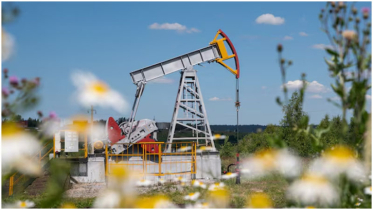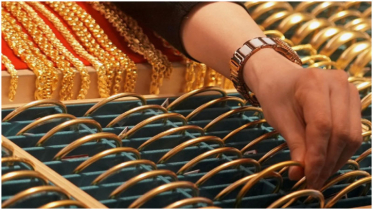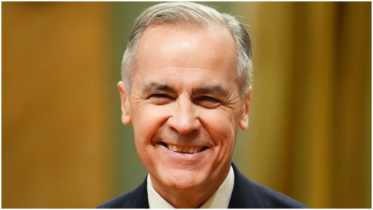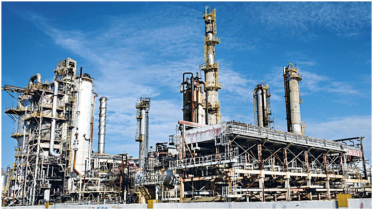Europe's biggest port readies for potential war with Russia
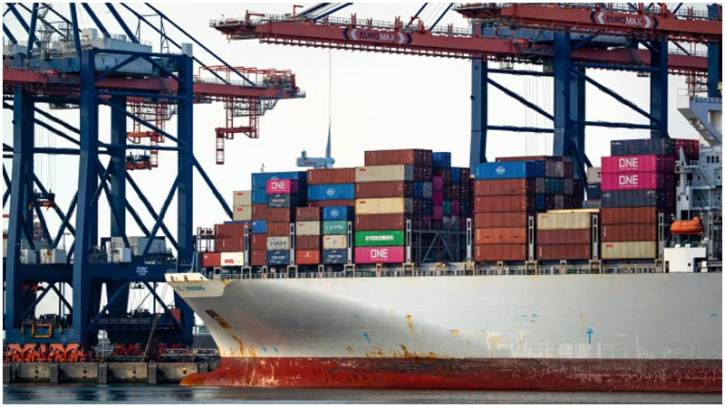
Europe’s largest port is gearing up for a potential conflict with Russia by reserving space for ships carrying military supplies and planning where to divert cargo if war breaks out.
Boudewijn Siemons, chief executive of the Port of Rotterdam Authority, said it was coordinating with neighbour Antwerp on how to manage if British, US and Canadian vehicles and supplies arrived.
“Not every terminal is fit for handling military cargo,” he told. “If large volumes of military goods would have to be shipped, we’d look to Antwerp or other ports to take over some capacity and the other way around. We see each other less and less as competitors. And, of course, we compete where we have to, but we work together where we can.”
Rotterdam’s measures are part of a wave of war preparations across the continent. The EU is drawing up a rearmament plan of up to €800bn as it tries to become more self-sufficient in defence in response to demands from US President Donald Trump, and to deter Russian aggression as Vladimir Putin’s full-scale invasion of Ukraine grinds into its fourth year.
The Netherlands, along with its Nato allies, has pledged to boost defence spending to 5% of GDP. In May, the Dutch defence ministry announced that Rotterdam would have to provide space for handling multiple ships carrying military cargo at the request of Nato.
Siemons said one or more ships would be docked at the quay for several weeks, four or five times a year, though the location might change. Rotterdam’s container terminal is the only place where the port could safely transfer ammunition from one ship to another.
There would also be amphibious military exercises several times annually.
The port has handled armaments before, with a surge during the Gulf war from 2003, but even at the height of the cold war, it did not have a dedicated quay.
Antwerp regularly receives supplies for US troops stationed in Europe.
Mark Rutte, Nato secretary-general, warned the alliance’s members in June that Russia could attack one of them by 2030.
Rotterdam sprawls for 42km along the river Meuse in the Netherlands. It handles about 436mn tonnes of freight annually, receiving 28,000 vessels by sea and 91,000 vessels by river from Germany and Europe’s hinterland.
The port lost about 8 per cent of its trade, principally oil, after the EU imposed sanctions on Russia.
Antwerp handles 240mn tonnes of freight annually, making it the second-biggest port in the EU.
Siemons said the two ports were also working together to improve Europe’s self-sufficiency. “Our teams are working more and more closely together on a number of topics, including on resilience.”
The Covid-19 pandemic, which left European countries scrambling for protective equipment and drugs, exposed their dependency on a few suppliers such as China and India.
The abrupt reduction of Russian oil flows after its invasion of Ukraine was another lesson, Siemons said.
He called for European countries to stockpile more essential supplies, as they do with oil. The EU mandated that members keep a 90-day strategic supply of oil after the 1973 oil shock, when Arab countries throttled production to put pressure on the west during their conflict with Israel.
“We should do the same with things like copper, lithium, graphite and a number of these critical raw materials,” Siemons said.
“We have it in oil, we don’t have it for gas yet, and, of course, we have some gasfields in Europe that can cater for that, but we should look at a wider spectrum of strategic resilience, also in pharmaceuticals and where do you build it up? And how resilient are you as a society? And that’s becoming increasingly important as the world is becoming more and more volatile.”
He said areas around ports, which have good distribution networks, would be suited for such stockpiles. Some of the Dutch strategic oil reserve is in Rotterdam.
The EU is due to unveil a “stockpiling strategy” on Tuesday that will cover medical supplies, critical raw materials, energy equipment, shelter, and potentially food and water.
.png)

